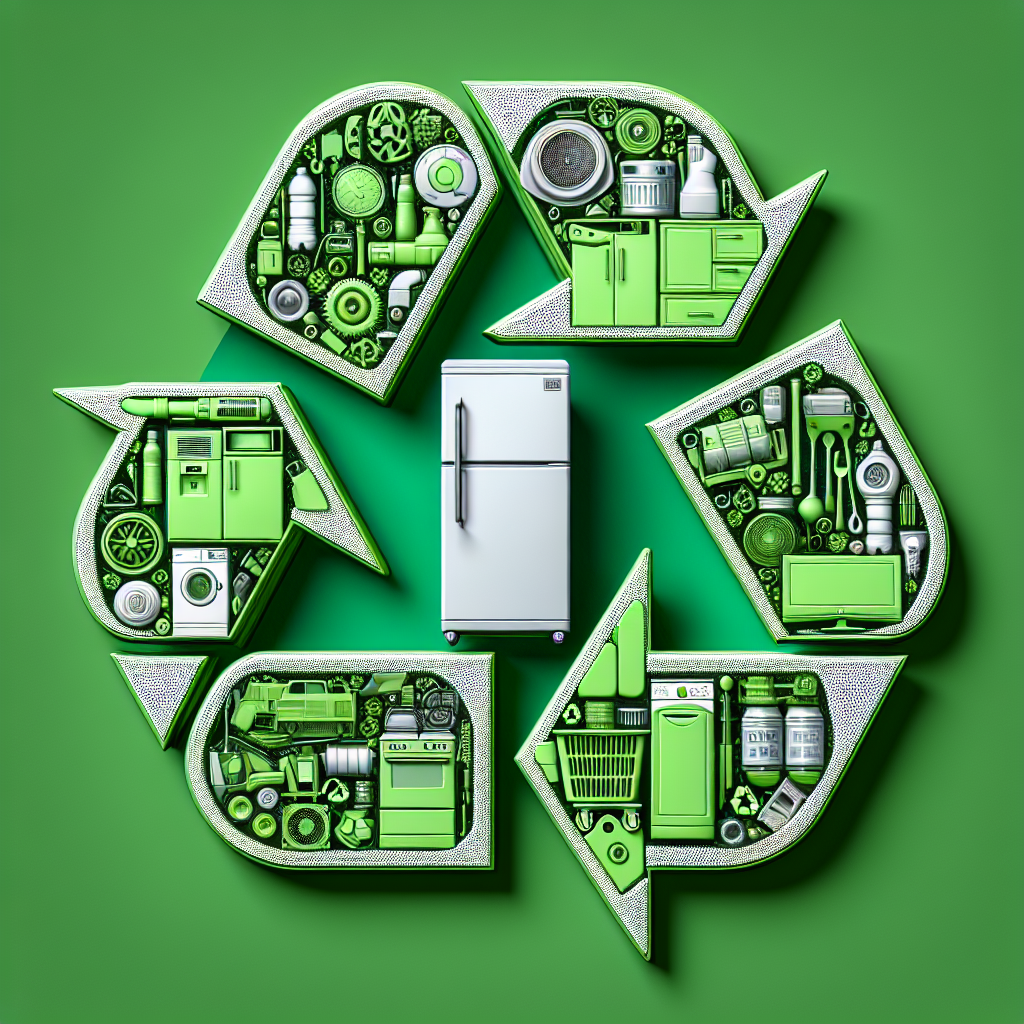Blog Ecobraz Eigre

Recycling old white goods: reusable parts, environmental savings
The recycling of old white goods promotes the reuse of key parts, reduces environmental impact and contributes to the circular economy, in line with current environmental regulations and best sustainability practices.
Introduction to White Goods Recycling
White goods such as refrigerators, stoves, washing machines and other household appliances have components that can be reused or recycled, minimizing waste sent to landfills and contributing to environmental preservation.
Importance of Reusing Parts
Reusing parts from these machines is essential for the circular economy, reducing the extraction of raw materials and the energy consumption needed to manufacture new components. This includes the reuse of metals, resistant plastics and electronic components.
Positive Environmental Impacts
The correct disposal and recycling of white goods prevents the release of toxic substances such as refrigerant gas and heavy metals, which can cause soil and water contamination. Brazilian environmental legislation, according to Federal Law No. 12.305/2010 (National Solid Waste Policy), provides for shared responsibility in the life cycle of products.
Recycling and Reuse Process
The process begins with the collection of equipment, which can include scheduling an appointment for electronic waste collection. Reusable parts are then separated, ensuring that components in good condition can be reused in new devices or for maintenance.
Disposal and Security of Media in Equipment
For devices that contain storage units, the secure disposal and destruction of this data is essential to ensure the protection of information, a procedure that is regulated according to technical standards and can be facilitated via secure media disposal.
Legal and Regulatory Aspects
Compliance with the guidelines established by the National Solid Waste Policy (Law No. 12.305/2010) and state regulations such as those of CETESB (Companhia Ambiental do Estado de São Paulo) is indispensable. These regulations guide reverse logistics and the proper disposal of waste, which is vital for minimizing environmental impacts.
Economic Benefits of Recycling
In addition to environmental gains, recycling white goods results in economic advantages by reducing raw material and energy costs associated with the production of new products. The reuse of parts also generates added value for sectors that depend on maintenance and retrofitting of equipment.
Conclusion
The recycling of old white goods, with the appropriate reuse of parts, is a practice in line with corporate sustainability and current environmental standards, contributing to the reduction of environmental impact, financial savings and the strengthening of the circular economy in Brazil.

Deixe um comentário
O seu endereço de e-mail não será publicado. Campos obrigatórios são marcados com *